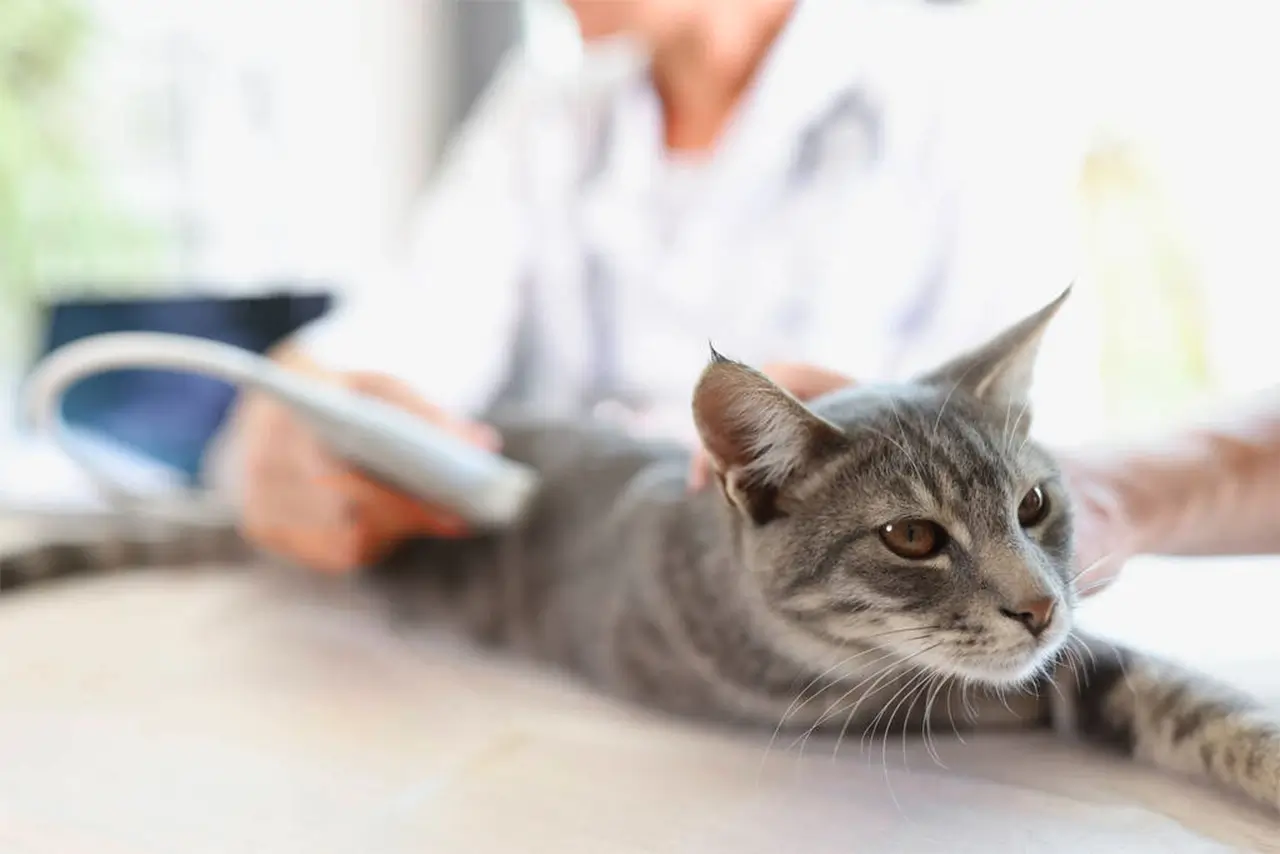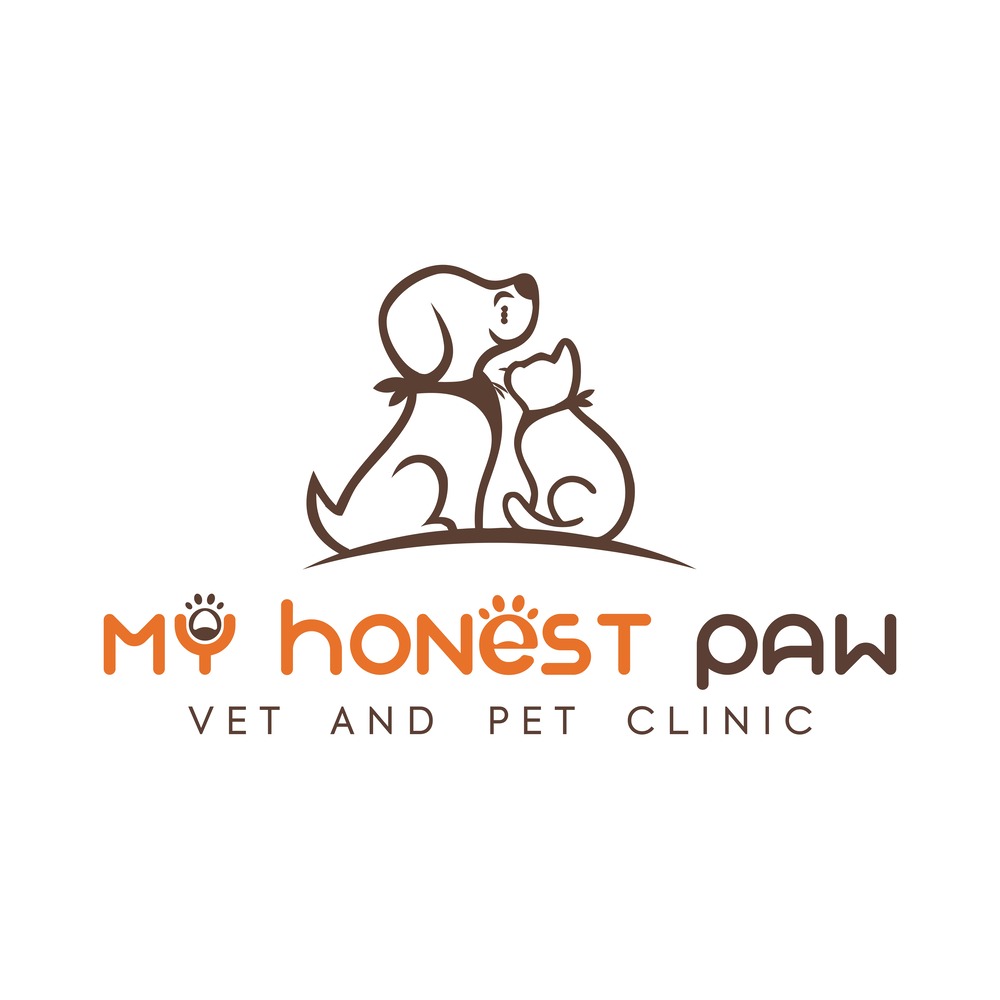
Caring for Your Pet with Gentle Hands
Minor Surgeries for Pets – Safe, Gentle & Compassionate Care
At My Honest Paw, we understand that even a small procedure can feel like a big worry for pet parents. That’s why we provide safe, professional, and compassionate minor surgical care for your beloved companions. Whether it’s a wound repair, lump removal, or a routine procedure, our veterinary team ensures your pet’s comfort, safety, and speedy recovery.

List of Common Minor Surgeries Offered

Pre- Operative Guidelines

Post - Operative Guidelines

Clear Pricing or Cost Ranges

Reassurance of Safety Measures

Prominent Contact Access
Feel free to ask details?
Frequently Asked Questions
We welcome a variety of pets — including dogs, cats, rabbits, and small mammals like guinea pigs and hamsters. Have a different kind of pet? Contact us and we’ll see if we can accommodate them.
Though specifics aren’t listed on the page, common minor procedures may include:
Soft tissue surgery — spaying/neutering, cyst or abscess removal, mass excisions, hernia repairs, foreign body removal, biopsy sampling thevetgal.com.
Routine wound repair or skin surgery, including tumor removal and dental procedures (e.g., cleaning under anesthesia)
Please contact us for details tailored to your pet’s needs.
Not necessarily. Age is not a disease. With proper pre-op evaluation — like blood tests, imaging, and monitoring — even senior pets can safely undergo surgery and recover well. Older pets may require more tailored anesthetic protocols and monitoring
Bring medical history and vaccination records.
Follow any fasting instructions as advised by your veterinarian.
Ensure secure transport: leashes for dogs, carriers for small pets. Bring comforting items (e.g., favorite blanket or toy) if your pet gets anxious.
Your pet may be admitted as a day patient or require an overnight stay, based on the surgery. Standard procedure includes:
Calming medications and intravenous (IV) catheter placement for medications/fluids, with sterile prep at the site.
Continuous monitoring of pain, anesthesia depth, and recovery. Pain relief, anti-nausea medication, and antibiotics may be administered as needed
Nearly all pets recover initial healing within about 10–14 days; internal healing continues beyond that Indian Peaks Veterinary Hospital.
An E-collar is typically kept on until the incision is fully healed—usually around 10–14 days. Removing it early can lead to complications.
Expect a post-operative check-up in 10–14 days for suture removal (if non-absorbable) and healing assessment
